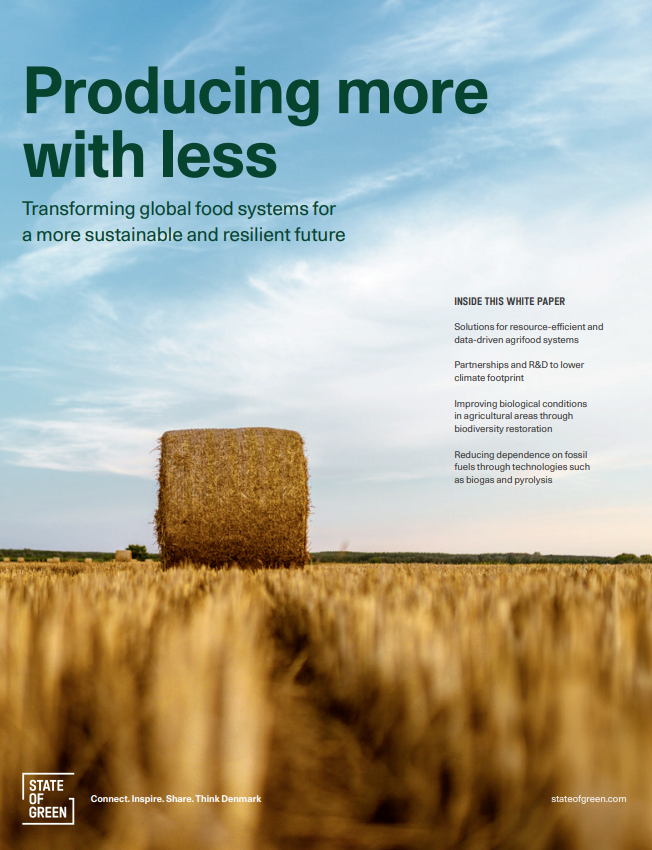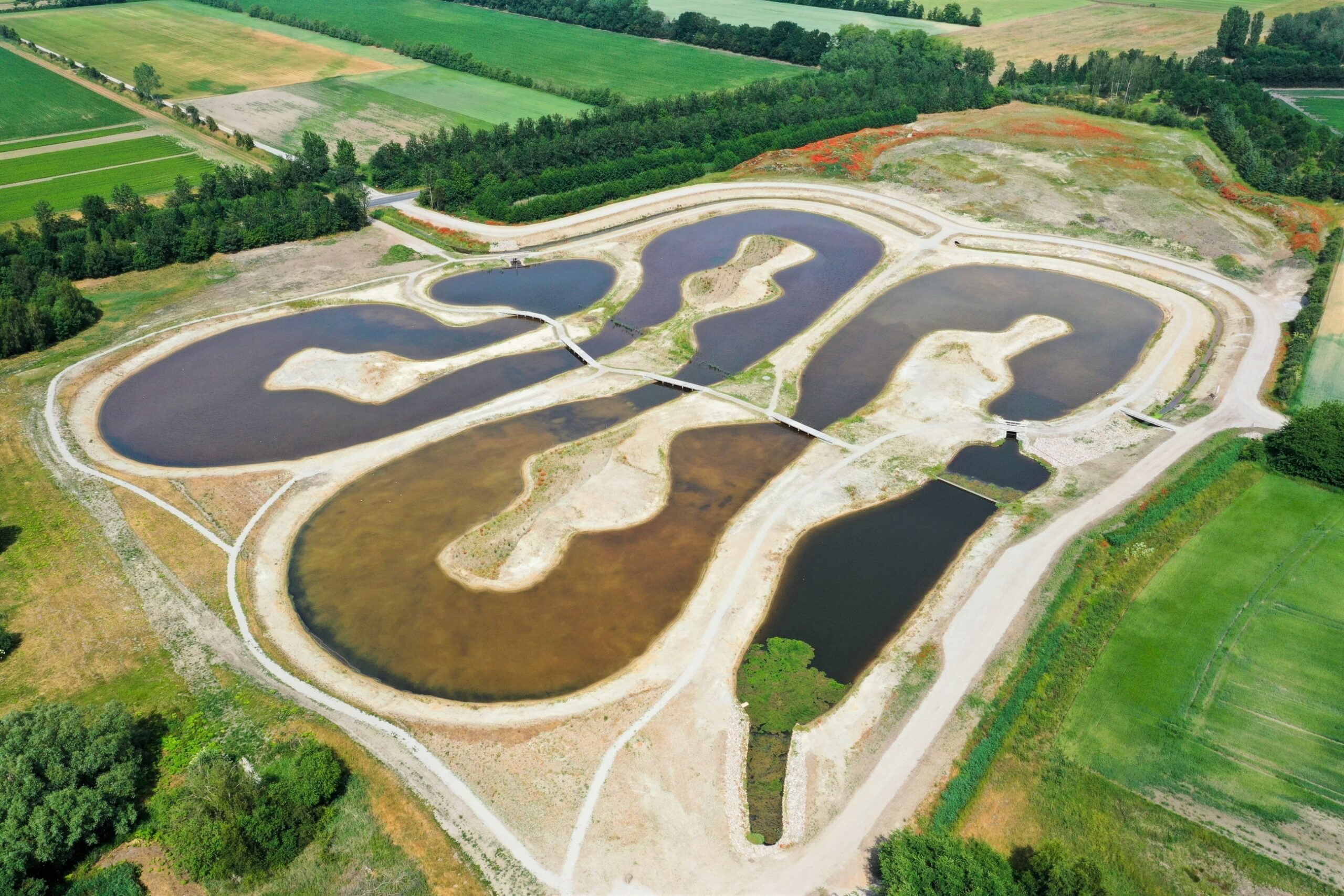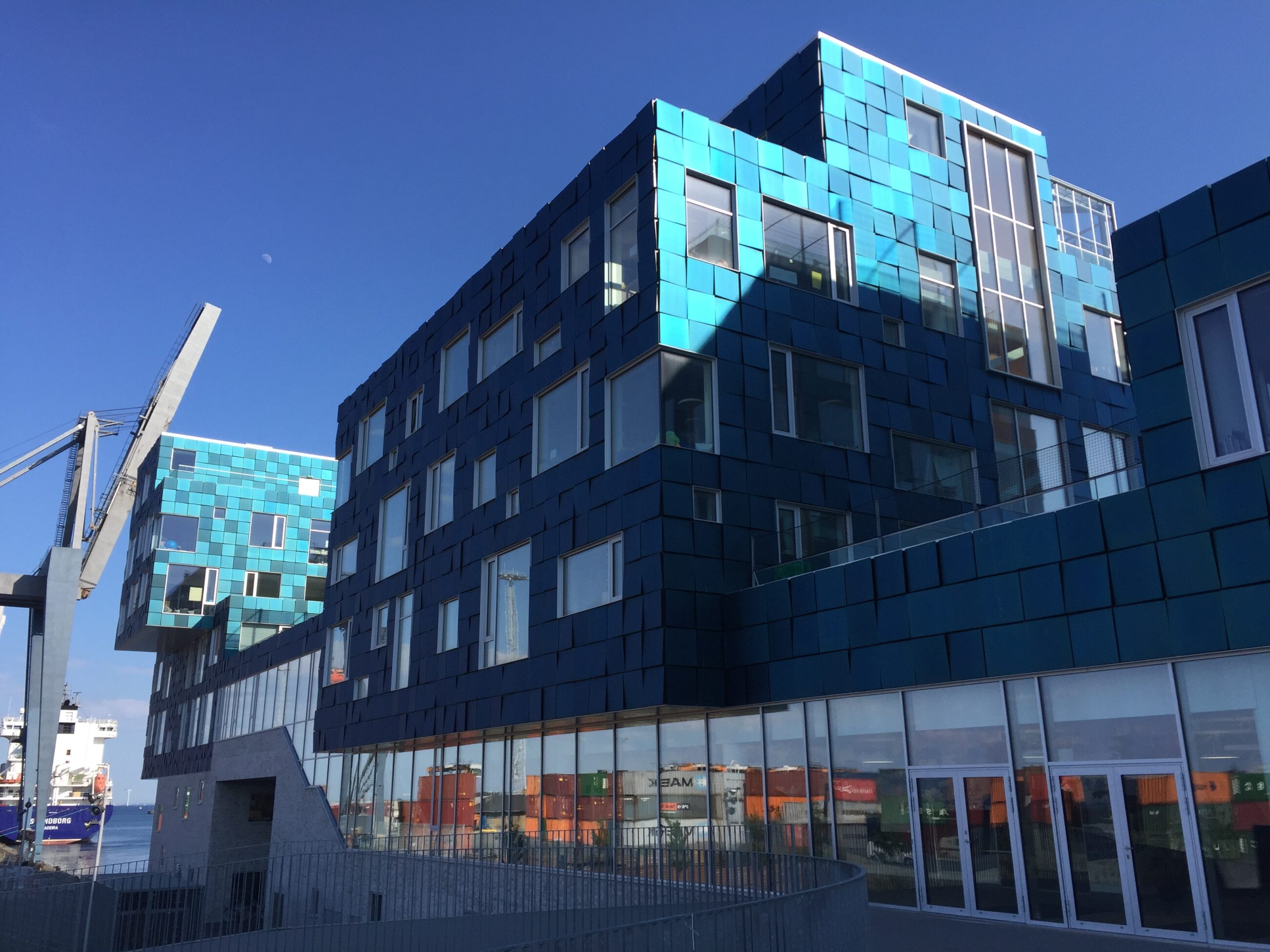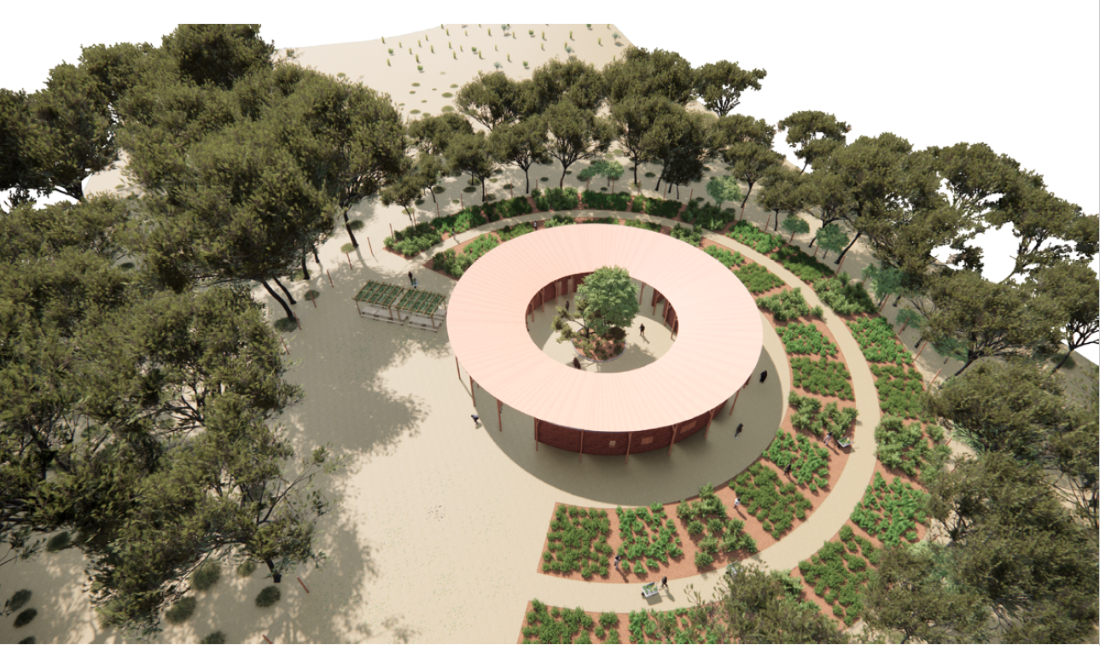News
Air pollution
Clean air in transportation
Climate change adaptation
+1
Blue World Technologies’ green journey gets support from the Danish Green Investment Fund


The ambition has been set: according to Blue World Technologies, millions of cars will in the future be powered by the renewable fuel, methanol. With cutting-edge technology, the company has built a green alternative for the combustion engine that our cars use today. The hope is that the green alternative also becomes part of the solution of transforming the transportation sector.
”We have in many years worked on refining our technology that will replace the regular combustion engine, to enable cars onwards to be fuelled with renewable methanol using fuel cells. The transportation sector is a large polluter and accounts for up to a fifth of all CO2 emissions globally. So, there is a great potential for our technology, and we are working targeted to expand our technology globally,” states Anders Korsgaard, Chief Executive Officer and Co-founder of Blue World Technologies.
According to Our World in Data, the transportation sector accounts for 21% of all CO2 emission globally. If Blue World Technologies manages to become a global player there are massive green business potential to be gained, explains Anders Korsgaard:
“The transportation sector is facing large challenges, and consumers and customers all over the world will to a larger extend demand renewable transportation options. This is where Blue World Technologies has a lot of justification, and this is the potential we now need to support with the new capital from the Danish Green Investment Fund.”
The green colleague of the electric vehicle
In recent years, there has become a great focus on the transition of the transportation sector, and electric-powered vehicles and the charging infrastructure are an important part of the equation. But it is also a well-known challenge that driving range and the resulting inflexibility cause consumers to opt-out of the electric vehicle. It is the batteries in the cars that set a limit for the driving range, however, Blue World Technologies solves this problem. Methanol fuel cells function as a range-extender in an electric vehicle, where it in a hybrid constellation with a smaller battery provides a driving range of up to 1000 km. At the same time, long charging times are avoided, as liquid methanol is refuelled in only a few minutes in the same familiar way as we know it from gasoline and diesel.
“As an alternative to the combustion engine, there is great potential in using methanol fuel cells in a hybrid constellation with a smaller battery. These two technologies work excellent together, and by this, Blue World Technologies can contribute to making electric cars more flexible and attractive,” explains Anders Korsgaard.
Blue World Technologies and The Danish Green Investment Fund have recently signed an agreement on loan financing of 10 million DKK (equivalent to approx. € 1,34 million). The Danish Green Investment Fund’s purpose is to develop new technologies and companies that can contribute to promoting the green transition where the transportation sector is an important focus area for The Danish Green Investment Fund, explains Managing Director of the fund, Michael Zöllner:
“We fund projects that will increase the green transition and we see it as our purpose to contribute to reducing the CO2-emissions in the society. There is a need for more green and supplemental alternatives, also in the transportation sector, which Blue World Technologies is an excellent example of. With a cutting-edge product and a strong renewable ambition, they have an important role in transitioning the sector. Therefore, we are very much looking forward to the partnership that will also help create growth and jobs in Denmark.”
Blue World Technologies currently employs approximately 50 people with the headquarters located in Aalborg, and a development and production department in Kvistgaard, Denmark.
You should consider reading
publications
Resource efficient production
+15















